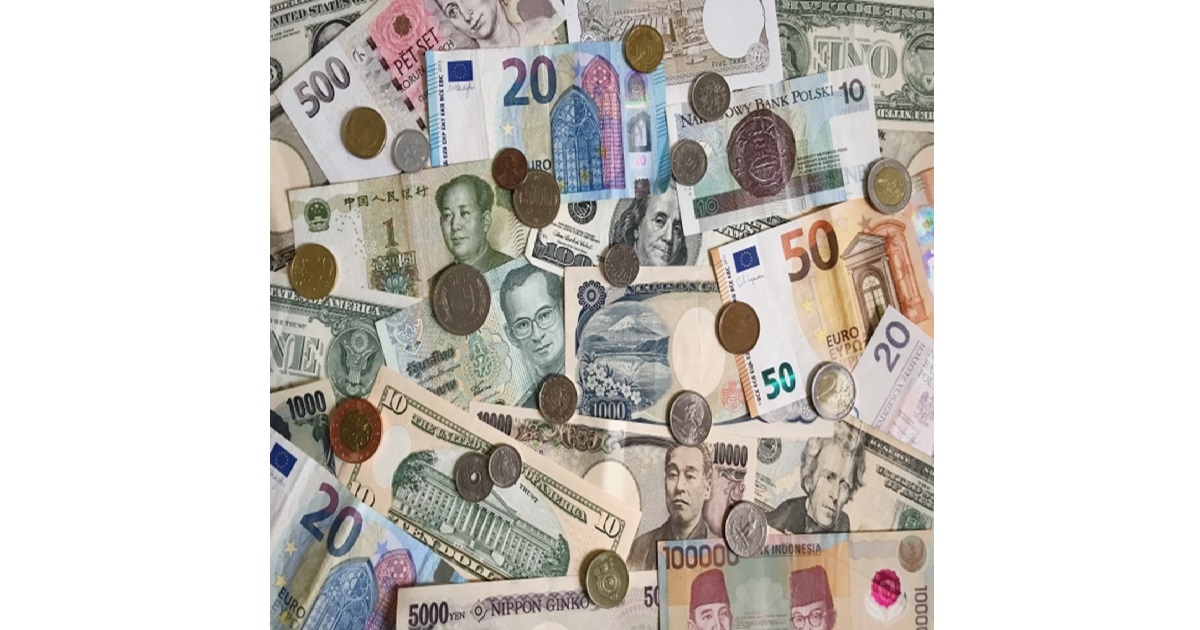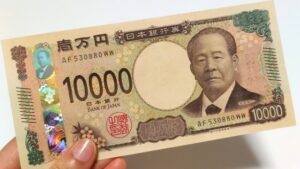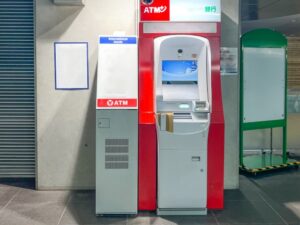After arriving in Japan, one of the first things you’ll need to do is get some Japanese yen.
You probably want to know where to exchange money with the best rates.
This guide will introduce the most common options to help you make a smart choice.
Step 1: Exchange a Small Amount at the Airport
First, we recommend exchanging a small amount, about 10,000 yen, at the airport currency exchange.
While airport rates may not be the best, having some cash on hand for immediate needs like transport provides peace of mind.
Once you have your first bit of cash, the next step is getting to the city.
An airport limousine bus is a comfortable and stress-free option, especially if you have luggage.
Step 2: Get Better Rates in the City
When you need more Japanese yen later, you can often find better rates at these locations.
- Specialty Currency Exchange Stores: Look for major chains like Travelex.
- Discount Ticket Shops (“Kinken Shops”): Shops like Daikokuya (大黒屋), recognizable by its orange sign, often offer competitive rates.
Step 3: Withdraw Yen from an ATM
If your bank card supports international cash withdrawals, this is often the most convenient option.
Look for ATMs at 7-Eleven (Seven Bank), Japan Post Offices, and Aeon Malls, as they usually accept international cards (check for logos like PLUS or Cirrus).
Before you travel, be sure to check your card’s withdrawal limits and any foreign transaction fees with your bank.
Important Points to Note
- Hidden Fees: Many places advertise “no fees,” but the fee is actually hidden in the exchange rate (the “spread”). Always compare the final amount you will receive.
- Identification: When exchanging large amounts, you may be required to show your passport.
- Customs Declaration: If you are carrying cash exceeding 1 million yen into Japan, you are legally required to declare it to customs.
You Might Also Like
Now that you have your yen, learn about the easiest way to pay for transportation and daily shopping with a Japanese IC card.
Unlock Easy Japan Train Travel: Your Guide to Getting a Suica or PASMO Card
If you found this guide helpful, please give it a like!







